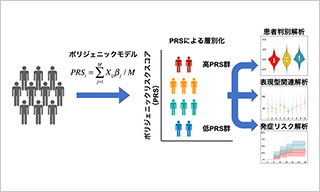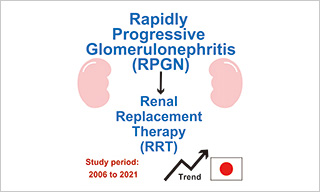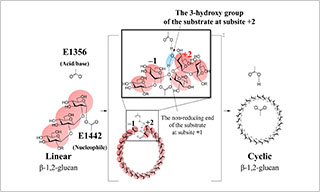Feb 15 2021
A research collaboration led by Associate Professor Tomoyuki Fukuda from the Department of Cellular Physiology, Niigata University Graduate School of Medical and Dental Sciences, and Professor Kazuhiro Shiozaki from the Division of Biological Science, Nara Institute of Science and Technology, has revealed the mechanism by which the activity of target of rapamycin (TOR) complex, a protein kinase complex controlling cellular metabolism, is regulated in response to nutrient availability. TOR complex is known to be involved in the processes of cellular aging and tumor proliferation. Findings of the study provide novel insights on cellular responses to nutrient availability and regulation of metabolism.
- Subunits of GAP Activity Towards Rags (GATOR) complex, which regulates the activity of TOR complex, were identified
- Activity of TOR complex is regulated by the availability of nutrients such as amino acids
- This regulatory mechanism plays an important role in cell proliferation and differentiation
Title: Tripartite suppression of fission yeast TORC1 signaling by the GATOR1-Sea3 complex, the TSC complex, and Gcn2 kinase
Journal: eLife
Authors: Tomoyuki Fukuda, Fajar Sofyantoro, Yen Teng Tai, Kim Hou Chia, Takato Matsuda, Takaaki Murase, Yuichi Morozumi, Hisashi Tatebe, Tomotake Kanki, Kazuhiro Shiozaki
DOI: 10.7554/eLife.60969

Polygenic effects on the risk of Alzheimer's disease in the Japanese population

Trends in the incidence of renal replacement therapy due to rapidly progressive glomerulonephritis in Japan, 2006–2021

Uncovering The Cyclization Mechanism of Cyclic β-1,2-Glucan Synthase